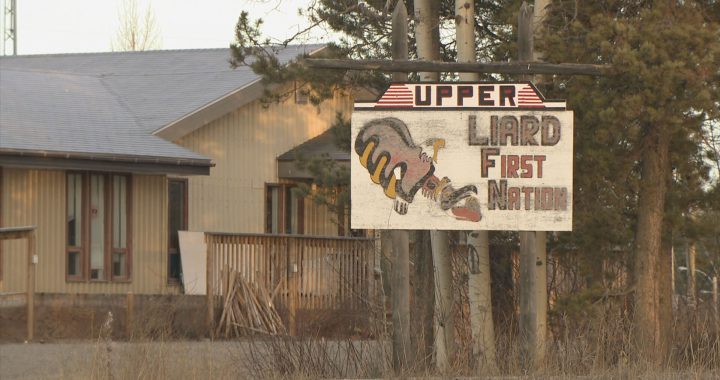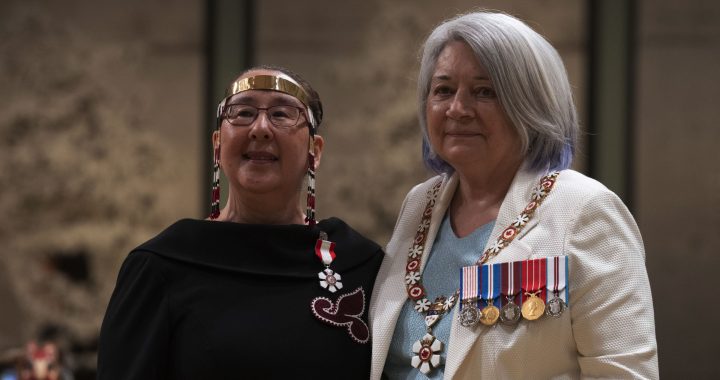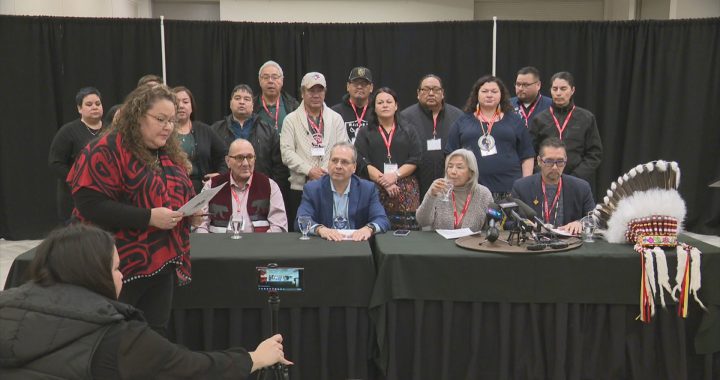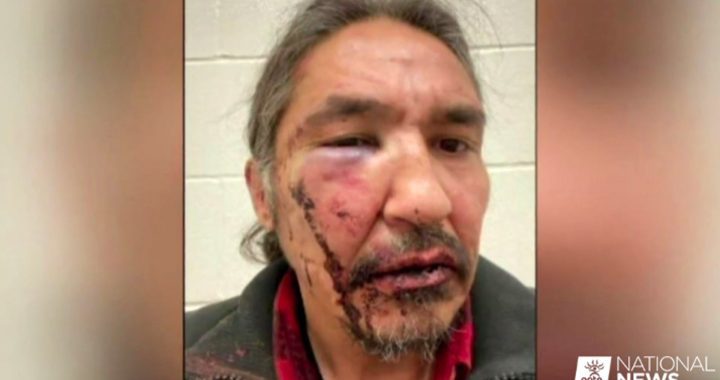A spike in confirmed HIV cases in Manitoba has advocates calling on the provincial government to act quickly to lower infection rates.
According to Manitoba HIV Program Report, the province’s rate of new cases is three times higher than the national average.
HIV is a virus that spreads through bodily fluids, excluding saliva and attacks the immune system. If left untreated, it can lead to AIDS.
There have been roughly 40 million deaths across the globe due to AIDS-related illnesses since its discovery in the early 1980s.
“[T]hat attitude of that it’s no longer important is false and we need to get the message out there,” says Albert McLeod, director for 2Spirit Consultants of Manitoba.
McLeod spoke at a recent rally in Winnipeg organized by advocacy group Aids Coalition to Unleash Power, or ACT UP, urging the province to intervene.
“We need our government, whether it’s Liberal, NDP, Conservative or whichever government to understand that this is a global pandemic of HIV and it’s been around for 40 years and it should not still be happening in Manitoba,” says McLeod.
“We’re a first-world country, we have tons of money, and yet what’s been given around safe injection, harm reduction, and HIV is a drop in the bucket.”
The report, called the Manitoba HIV Program Report, shows that the number of people living with HIV in the province grew from 111 to 169, or 52 per cent, between 2018 to 2021.
Within that same time period, people who self-identified as Indigenous increased from 51.4 per cent to 73.4 per cent of all those referred to the Manitoba HIV Program – who provides and oversees care for people living with HIV.
McLeod says the spike is a product of “systemic anti-Indigenous racism” and that there needs to be a “provincial wide strategy for Indigenous people around HIV and STBBI’s (sexually transmitted and blood borne infections).”
According to the report, the most common ways HIV was acquired was through heterosexual sex and injection drug use.
Since the virus is primarily spread through semen, vaginal fluids, and blood, health experts say unprotected sex and the sharing of needles can heighten the risk of infection.
Thomas Linner, the provincial director for the Manitoba Health Coalition, says the HIV-spike is a “public health emergency”.
“More than one person a day dies from an overdose in Manitoba. Just about every day another person is identified as being HIV positive. We need to take real concrete actions to address this public health emergency and the game playing by this government has to stop,” says Linner.
APTN News reached out to the province’s minister of Health for comment on what next steps they will take to address the issue.
A provincial spokesperson said they are aware of the increasing HIV numbers and that taking action is a “top priority”.
They say they are continuing to invest in several initiatives, including increasing the funding for the Manitoba HIV Program in 2023 – though not how much.
The province also says that Population and Public Health “continues to partner with Indigenous organizations, including provincial funding for Ka Ni Kanichihk to implement an Indigenous-led, culturally safe STBBI/HIV testing and treatment program for urban Indigenous people in Winnipeg.”
However, advocates are demanding money for a province-wide approach for HIV awareness and prevention, like supervised consumption sites which they say can help curb the sharing of needles.
In 2018, 44.2 per cent of women and 29.4 per cent of men who were referred to the Manitoba HIV Program self-reported injection drug use. This increased to 70.7 per cent and 35.1 per cent in 2021, respectively.
“You need the prevention tools, the harm reduction tools in place if you know there are cases of HIV whether you’re, you know, rural, urban, northern, remote, or on reserve, right? That message has to get out there,” says McLeod. “You can drive from Winnipeg to Thompson – you’re not going to see a poster about HIV prevention.”










